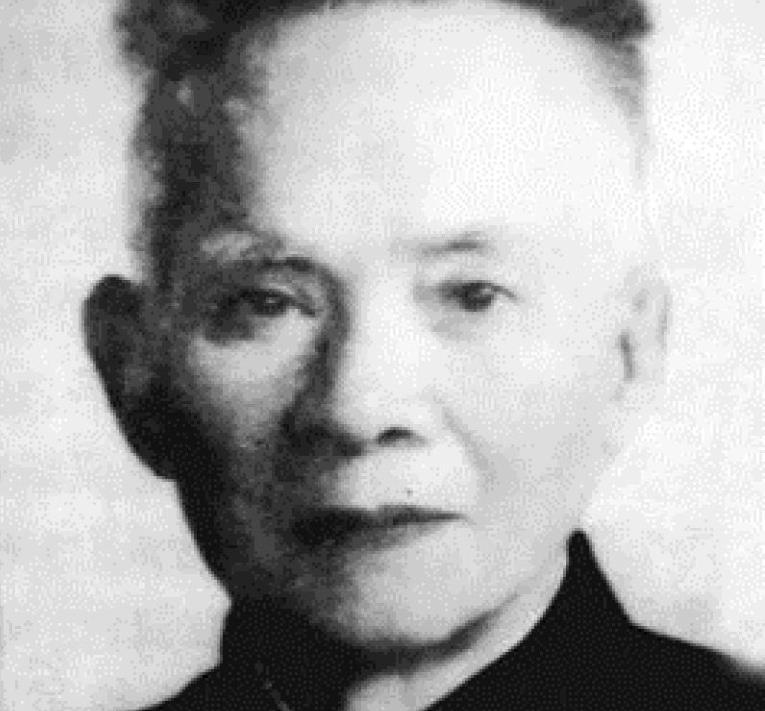Huang Wei was one of the few diehards among the war criminals imprisoned in Gongdelin, who had always resisted reform and even studied perpetual motion machines to avoid the ideological education of our army, and even then, after twenty-seven years of detention, he accepted the amnesty of our army's kindness.

However, there was another nationalist general who was even more stubborn than him, and this person was Liu Zhenxiang, who commanded the 64th Army. Liu Zhenxiang, a graduate of the Fifth Huangpu Period, was a company commander of the special agent company of the Ye Ting Independent Regiment, and later participated in the Nanchang Uprising, after which he was wounded and ran back to his hometown for refuge.
After recovering from his wounds, he defected to the Cantonese warlord Chen Jitang, and because he was born in Huangpu and had actual combat experience, he quickly rose in the national army step by step.
At the time of the Battle of Huaihai, Liu Zhenxiang was the commander of the 64th Army of Huang Baitao's corps, and his stubbornness was evident in this battle, when Huang Baitao's corps was preparing to retreat in the direction of Xuzhou, but Liu Xiang disagreed, saying that he had been beaten by Hua Ye and was too embarrassed, and he wanted to fight with the People's Liberation Army for life and death, and the officers around him could not persuade him. In the end, in order not to affect the hearts of the army, Huang Baitao let the Seventh Corps stay in Nianzhuang.
Of course, as a result, we all know that the PLA troops completely annihilated the Seventh Corps, Huang Baitao committed suicide, and according to the soldiers who captured Liu Zhenxiang at that time, Liu Zhenxiang had already hung his medals and ribbons all over his body when he was captured, and it is estimated that he had already made preparations for a death battle.
After Liu Zhenxiang was captured, he never accepted the reform of our army, and later almost made things happen; because he was not accustomed to our army's preferential treatment of Japanese war criminals, he violently beat several Japanese war criminals, which caused a large scuffle between Chinese and Japanese prisoners.
Since our army's tradition of giving preferential treatment to prisoners could not do anything to him, so the reform of Liu Zhenxiang became the most troublesome problem for the Gongdelin staff, and from his capture in 48 to 1975, when liu Zhenxiang was pardoned by all the staff, he finally regained his freedom.